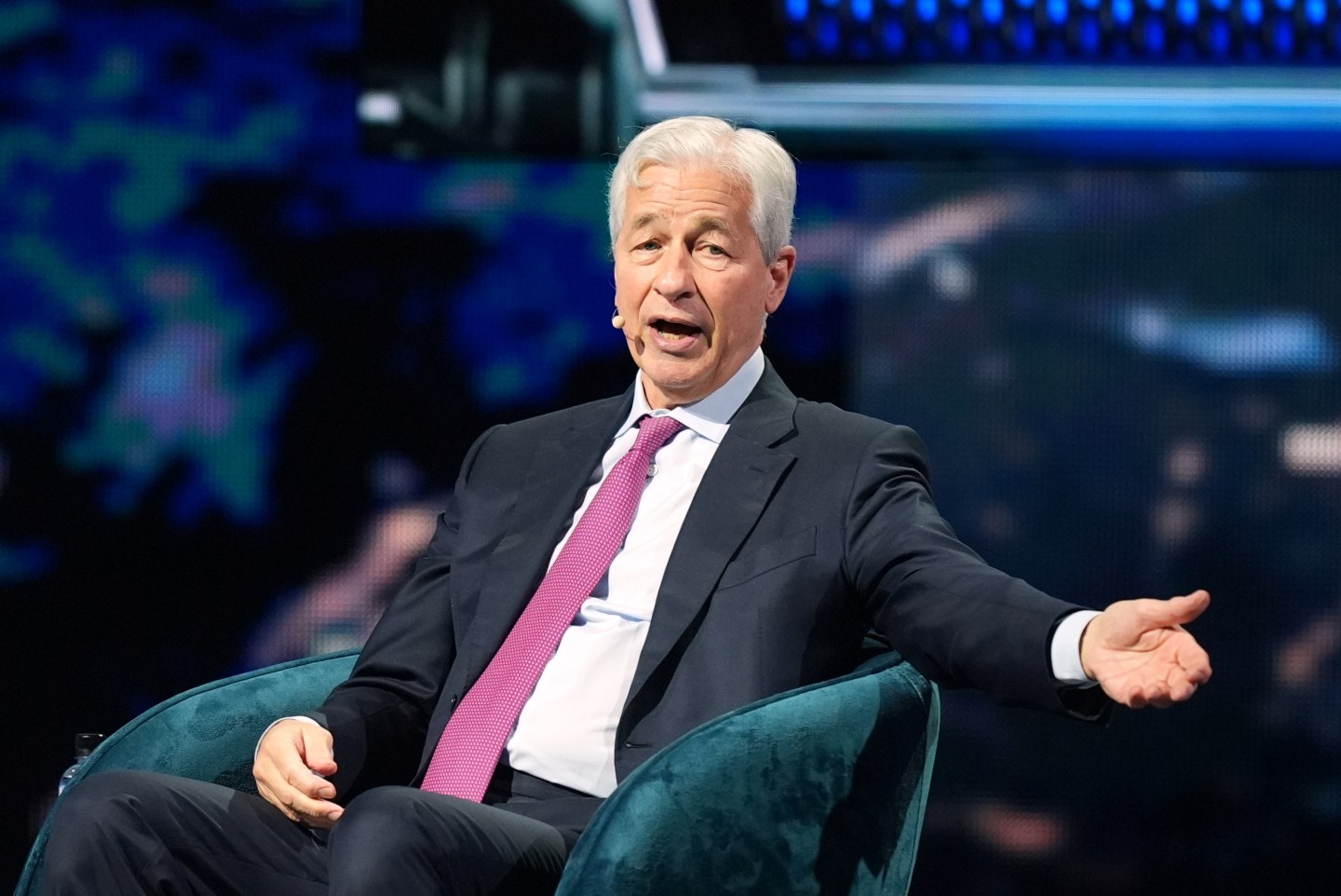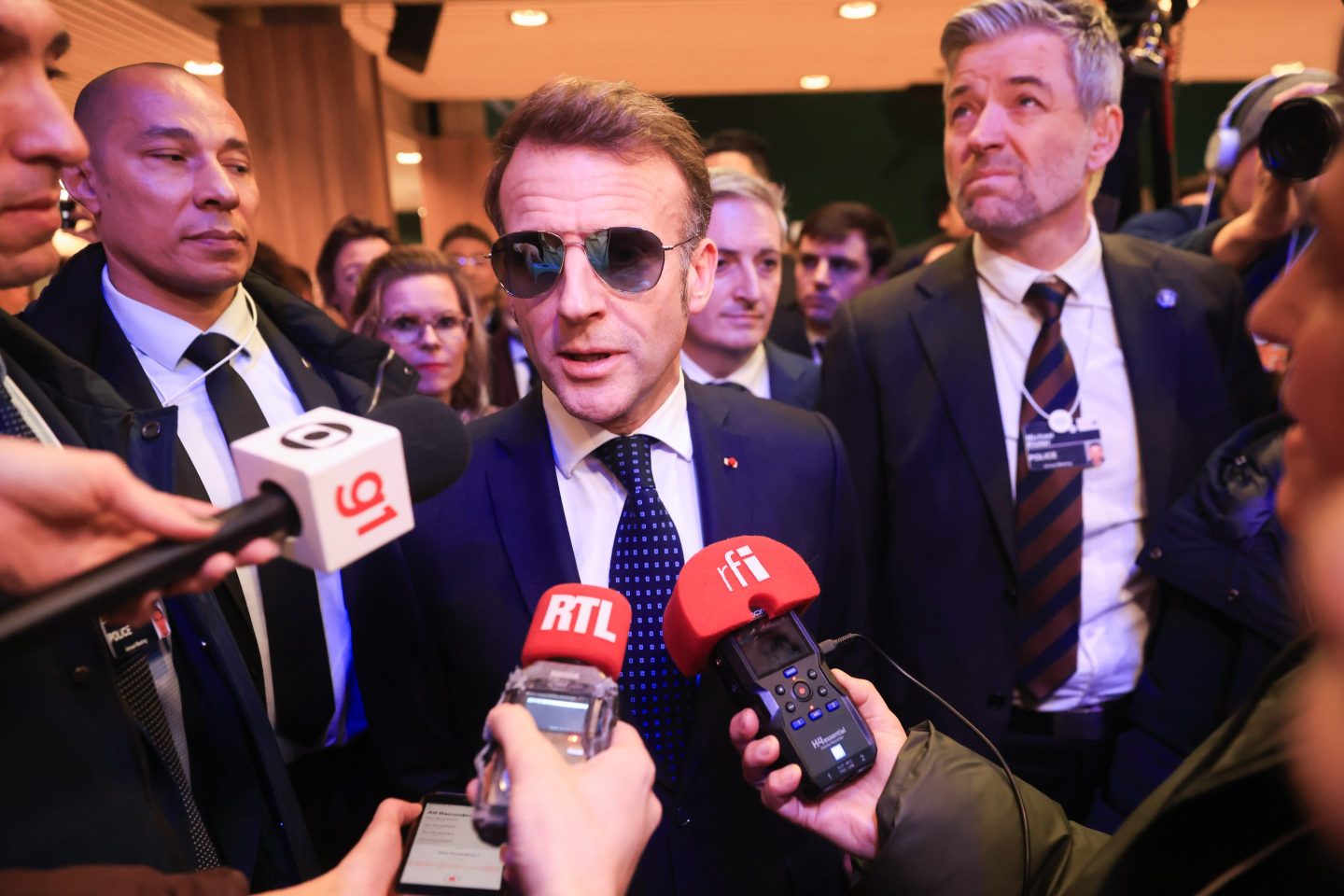Once upon a time (last year) Hamilton tickets cost an average of $189. When the Broadway show became a proper sensation and reached enormous popularity, industrious scalpers realized they could get away with selling tickets for $700, $850, even $2,500.
Joseph Meli, 42, and Matthew Harriton, 52, of New York City apparently had the same idea, according to the Securities and Exchange Commission. But instead of reselling tickets, the two New Yorkers sold a Ponzi scheme to investors who wanted a piece of the scalping profits, the commission alleged in a Friday compliant.
Meli and Harriton raised more than $81 million from at least 125 investors between about 2015 to now by convincing investors that their money would be pooled together to buy blocks of seats in high-demand shows such as Adele concerts and Hamilton, the SEC claimed.
The two men lured investors with promises of high profits of at least 10%, and even falsely told some clients that their ticket reselling business had support from Hamilton‘s producer, the SEC alleged.
One of the investors gave a total of $1.85 million to the two men, while others paid $1.25 million and $6 million, respectively, according to the complaint.
Assuming just 125 investors were affected, each investor paid $648,000 on average, the SEC said, with the two men taking cuts for themselves.
“In addition to using new investor funds to make payments owed to existing investors, Meli and Harriton have spent almost $2 million of investor funds to buy jewelry and make other retail purchases, to pay private school and camp tuitions, and to make payments to casinos,” the SEC said.













